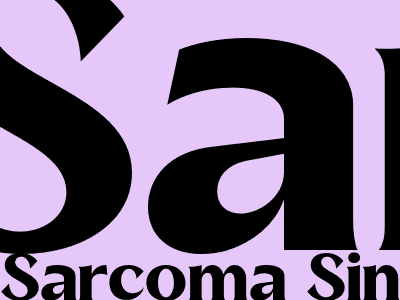Sinovial Sarcoma: A Guide to This Rare Cancer
Introduction
Sinovial sarcoma is a rare type of cancer that develops in the soft tissues around the joints, typically in the legs or arms. It is a highly aggressive cancer that can spread quickly to other parts of the body.
Symptoms
The most common symptom of sinovial sarcoma is a painless lump or swelling in the affected area. Other symptoms may include:
- Pain
- Stiffness
- Swelling
- Numbness or tingling
- Loss of function
Diagnosis
Sinovial sarcoma is diagnosed through a physical examination, imaging tests, and a biopsy. Imaging tests may include X-rays, MRI scans, and CT scans. A biopsy involves removing a small sample of tissue from the tumor for examination under a microscope.
Treatment
The treatment for sinovial sarcoma typically involves surgery to remove the tumor. Other treatments may include chemotherapy, radiation therapy, and targeted therapy.
Prognosis
The prognosis for sinovial sarcoma depends on the stage of the cancer at diagnosis. The earlier the cancer is diagnosed and treated, the better the prognosis. The five-year survival rate for patients with sinovial sarcoma is approximately 70%.
Conclusion
Sinovial sarcoma is a rare but aggressive type of cancer. Early diagnosis and treatment are essential for improving the prognosis. If you have any symptoms of sinovial sarcoma, see your doctor immediately.

Comments